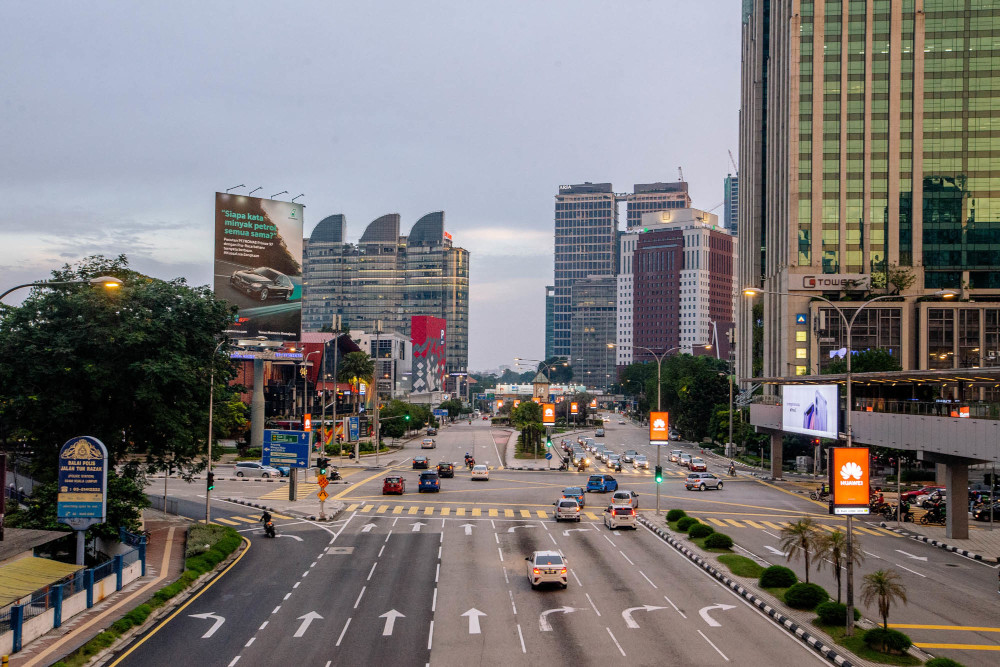KUALA LUMPUR, Oct 30 — MIDF Research believes that Budget 2022 has a holistic approach to rehabilitate Malaysia’s socio-economy, with much-needed emphasis on micro, small and medium enterprises (MSMEs).
In a statement, it said the Budget provides support to the people and businesses impacted by the Covid-19 pandemic, while catalysing the economy to ensure that growth is stronger and more sustainable.
The research house said measures such as the “Bantuan Keluarga Malaysia” with the RM8.2 billion allocation, multiple initiatives to enhance areas of education, training and upskilling, and acknowledging the role of women in the society via various women development measures highlight this.
“This Budget will help us recover from the effects of the pandemic and set us on the right path towards long-term growth.
“We welcome the cash aid to those in need as well the focus on education and children,” said MIDF group managing director, Datuk Charon Mokhzani.
He said the government has maintained a balance between investing for the future, such as in technology and enhancing Technical and Vocational Education and Training (TVET), while at the same providing aid to those who have been badly affected by the pandemic.
Access to financing with various loans and financing, and credit guarantee schemes were some of the key initiatives to ensure that businesses, especially MSMEs, will be able to recover and thrive after enduring a difficult period this year, the research house said.
“The recovery in economic activities and the creation of new job opportunities in tandem with the wage support provided by the government would contribute towards ensuring a lower unemployment rate next year.
“We believe that employment will return on its growth path,” it said.
MIDF Research opined that emphasis has been given to strengthen entrepreneurial capabilities including MSMEs, agriculture subsector, education and training, and the healthcare system.
Meanwhile, the Federation of Malaysian of Manufacturers (FMM) said the Budget provided initiatives and incentives towards revitalising the economy, including building MSME resilience; enhancing job opportunities via reskilling and upskilling, including TVET; boosting trade and investments; driving green and sustainable growth and accelerating digital adoption and automation.
Among other things, it noted that allowing MSMEs to bring forward accumulated losses for tax computation for up to 10 years is a very good measure to help MSMEs on the path to business recovery as many MSMEs suffered heavy losses in 2020 and 2021 due to the pandemic.
However, it opined that the initiative to allow MSMEs to defer income tax instalments for six months until June 2022 was too short a time period, and should be extended up to 12 months to help business recovery. — Bernama






















